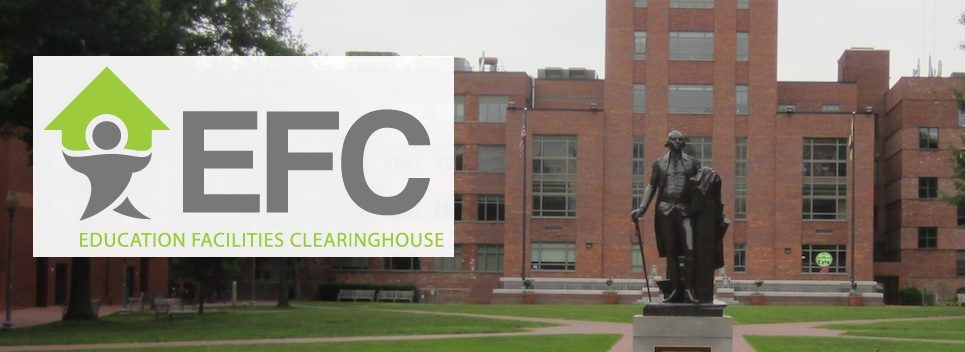Sjöblom, Mälkki, Sandström, & Lonkam, 2016
The role of motivation and emotions in learning has been extensively studied in recent years; however, research on the role of the physical environment still remains scarce. This study examined the role of the physical environment in the learning process from the perspective of basic psychological needs. Although self-determination theory stresses the role of the social and cultural environment, as yet the role of the physical environment has been unexplored. The study focused on beginning chemistry university students’ (n=21) experiences in a chemistry laboratory. The data consisted of focus-group interviews and self-report questionnaires. The results indicate that the physical environment can support or thwart the fulfillment of the basic psychological needs. The usability and functionality of spaces and tools contributed to not just the fluency of the intellectual activity but also to the related emotional experience of oneself acting in a particular environment. The physical environment was a source of procedural facilitation: It complemented and challenged the students’ existing skills, contributing to their experiences of autonomy and competence. The everyday successes or struggles in the laboratory built on the students’ developing professional identity as well as their sense of belonging to the professional community. This study demonstrates that the design and functionality of the physical environment has a significant role in users’ intellectual and emotional functioning. It is essential to utilize psychological and pedagogical knowledge when designing or renovating work and learning environments in order to fully make use of the potential of physical environments as part of human performance.

